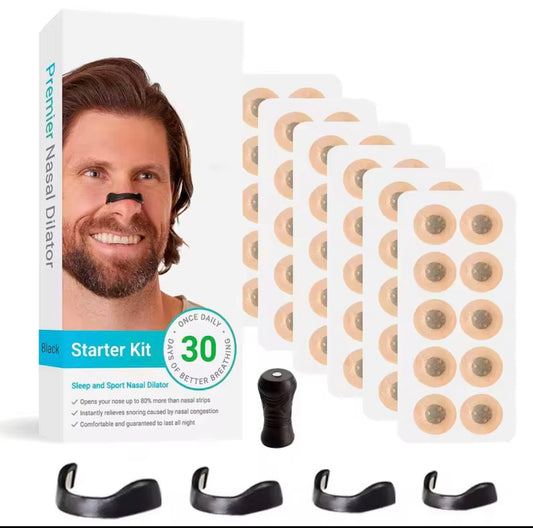Wide Awake at 3AM? Here’s Why It Happens and What You Can Do About It
You fall asleep easily… but then suddenly you’re wide awake in the middle of the night. The clock reads 3:17AM. Your mind is racing, your body restless, and no matter what you try, sleep just won’t return.
Sound familiar? You’re not alone.
This frustrating pattern, known as sleep maintenance insomnia, affects millions of people around the world. And while it can feel hopeless in the moment, the good news is there are natural, science-backed ways to break the cycle and sleep through the night again.

Why You’re Waking Up at Night
Here are some common reasons you might be waking up — and struggling to fall back asleep:
1. Stress and Anxiety
When your mind is busy processing worry or tension, your body produces cortisol (the stress hormone), which can disrupt sleep cycles and make it harder to relax again once you wake up.
2. Blood Sugar Drops
Eating too late or having high-sugar meals before bed can cause a dip in blood sugar during the night, waking you up with a jolt.
3. Screen Use in the Evening
Scrolling, watching stuff online or on TV, or replying to messages late into the evening exposes you to blue light, which delays melatonin production. This can shorten deep sleep cycles and increase your chances of mid-night awakenings.
4. Environmental Disruptions
Noise, temperature changes, or too much light can pull you out of deep sleep. Even minor discomforts - like an itchy tag or a blinking charger light - can trigger a wake-up.
5. Alcohol or Caffeine
Even if alcohol makes you drowsy, it disrupts REM sleep later in the night. Caffeine, even consumed in the afternoon, can linger in your system for hours and interrupt sleep.
What You Can Do to Stay Asleep Naturally
Try these science-backed tips to reduce mid-night waking and fall back asleep more easily:
1. Don’t Check the Time
Clock-watching only adds stress and pressure. Turn your clock away or keep your phone out of reach to avoid that 3AM spiral.
2. Try a Gentle Reset
If you're awake for more than 15-20 minutes, get out of bed and do something calm (no screens!) like reading, stretching, or deep breathing until you feel sleepy again. This retrains your brain to associate your bed with rest not frustration.
1. Keep Your Evenings Tech-Smart
If screen time is unavoidable in the evening, wear blue light filter glasses (like our NaPture ones 👓) to reduce melatonin disruption. Also, dim your lights an hour before bed to help your body ease into sleep.
4. Watch What (and When) You Eat
Eat a balanced dinner and avoid sugar or alcohol too close to bedtime. A small protein-rich snack before bed (like a few almonds) can help stabilise blood sugar overnight.
5. Create a Sleep Sanctuary
Use ear plugs, eye masks, or calming scents like lavender. Keep the room cool, dark, and quiet to support uninterrupted rest.
Final Thought
Waking up in the middle of the night can feel lonely - but it’s incredibly common. The key is to understand what’s causing it and take small, consistent steps to support your natural sleep rhythm.
With the right habits (and a little help from sleep aids like NaPture’s blue light filter glasses and sleep kits), peaceful, full-night sleep is absolutely possible.



